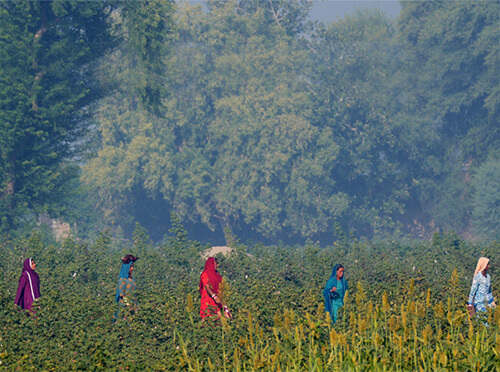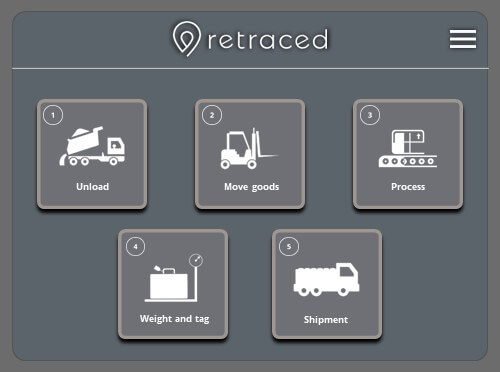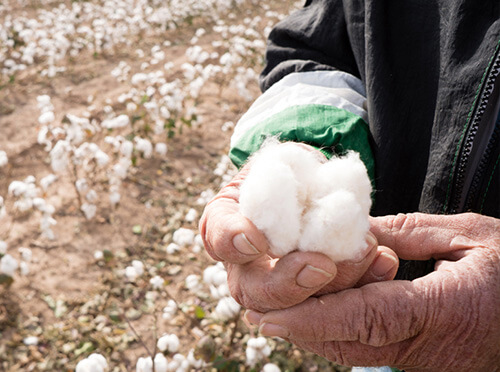
Milliner Cotton Initiative
MCI or Milliner Cotton Initiative, currently in its pilot phase, covers the entire journey of cotton from farm to the mill, from pre-harvest, harvest, and postharvest quality parameters. Milliner Cotton builds on and corroborates on the existing standards of cotton to raise the bar on quality, sustainability, and traceability, thanks to our partnership with Retraced. providing visibility and assurances about cotton’s origins, Artistic Milliners with Retraced has developed a holistic, integrated solution that tracks its goods from crops to consumers. Going beyond a paper trail, blockchain creates a “digital handshake” at each transaction, proving that the inputs and products are true, what they claim. Once fibers reach our facility, the company plugs the data from Retraced into its own enterprise resource planning (ERP) system so materials can be monitored through the production process. For the manufacturer, traceability not only assures authenticity but also enhanced lifecycle assessment capabilities.
In addition to cotton, Artistic Milliners’ platform can track fibers including viscose and Lycra, streamlining brands’ supply chain oversight.





